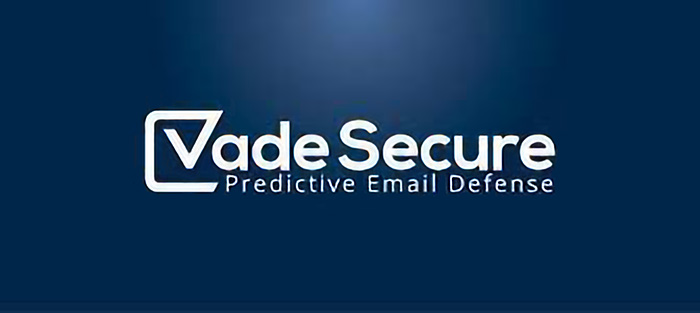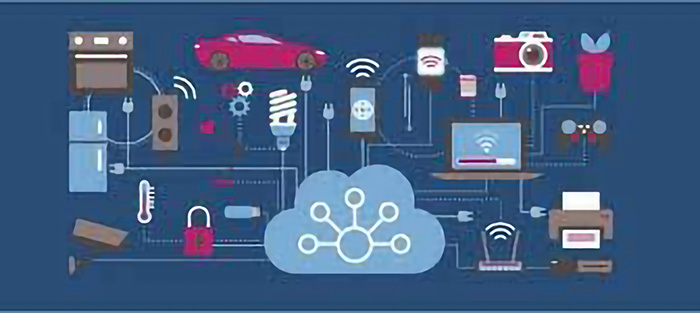Why is it that news of sensitive laptops and USB sticks being left on trains makes front page news but when it comes to email security we have come to accept that theft and loss are facts of life? Just because it is theoretically possible to hack anything doesn’t mean that we should also make it easy. How can we make email secure? We can only do it if we work together.
Back in the 1800s the industrial revolution and the introduction of steam transport brought people together and made the world smaller. But then, as now, we fell into the trap of not standardising the methods with which we communicate. Each railway company manufactured their own tracks with different widths and rail shapes, none of which could effectively link to each other. As a result, by 1915, almost all of these railroad companies were bankrupt. Just as a train could not safely pass from one type of rail to another, nowadays an email cannot travel securely between servers and systems without agreed minimum standards for encryption and security protocols.
Mikko Linnamäki, Co-Founder Dovecot OY, explains the basic idea behind Trusted Email Services (TES).
It is for this reason that we hosted the inaugural Trusted Email Services (TES) Roundtable discussion yesterday in London. We believe that by bringing together telcos, email platform providers and infrastructure managers and agreeing on collective security standards we can restore trust in email and online services. You only have to look at the the Email Made in Germany initiative for the proof that when providers join together to guarantee security in one country it can have a real sweeping, and positive, impact on the market. There is no reason that the same should not be true on a continental or even global scale.
Privacy and trust will become more important in the minds of consumers in 2016. Just as seatbelts became a required safety feature of cars over time, so too will email security grow as an expectation among consumers. What’s more, the most successful consumer technology company in the world is backing encryption and secure messaging as a major differentiator of their products. Tim Cook clearly views Apple’s stance on email security as a competitive advantage, something that makes it stand out against Google, Microsoft and other similar providers. Apple didn’t ask its users if security was important to them, it took a firm stance in giving their users effective security as standard.
The TES initiative will help customers hold their providers to a better standard of email security and restore much needed trust in internet services. Together, we will work to implement effective encryption and open standards for the betterment of the internet.





